The 9th Annual Meeting of Asia-Pacific Safeguards Network (APSN)
The Asia-Pacific Safeguards Network (APSN) is a professional network that leverages safeguards expertise in the Asia-Pacific region to facilitate the exchange of information, knowledge and practical experience on safeguards for members to improve safeguards implementation in the Asia-Pacific region. APSN was established in October 2009 with the aim of improving the quality, effectiveness and efficiency of safeguards implementation and encouraging close cooperation in the regional area. APSN members in 2018 numbered 16 countries including 4 countries acting as directors, namely Australia, Japan, South Korea and Indonesia.
The 9th APSN annual meeting was held for two days (1 - 2/11/2018) in Vienna, Austria, attended by APSN member countries consisting of Indonesia, Malaysia, Philippines, Cambodia, Myanmar, Japan, Vietnam, United States, Thailand, Bangladesh, Australia, Canada, South Korea and several organizations in the field of nuclear energy, namely the IAEA, ESARDA and ORNL with the number of meeting participants attending was 46 people.
In the meeting, presentations and plenary discussions were conducted led by the Chairperson of APSN for the 2017-2018 period Dr. Hosik Yoo (South Korea) as well as presentations and discussions per Working Group led by each Working Group facilitator. The Vice President of KINAC in his remarks representing the Chairperson of APSN said that APSN is a good forum for each member country to obtain important information and experience in implementing effective and efficient safeguards through the exchange of information and experience. The meeting was held for two days discussing various issues related to safeguards and the development of its capacity building in the form of plenary and working groups. Meanwhile, in a special session, the IAEA speaker from the Safeguards division, Max Aparo, conveyed several issues related to the implementation of IAEA safeguards, including: The IAEA expressed its appreciation and gratitude for the holding of the 9th APSN meeting, because with the APSN, the implementation of safeguards, especially in Asia-Pacific countries, can run effectively and efficiently so that it can support the IAEA in realizing the objectives of the NPT agreement. The IAEA encourages the implementation of safeguards that are strengthened based on lessons learned from the Iranian nuclear case. Iran has committed to comply with the peaceful use of nuclear power through the JCPOA agreement. The experience of the Iranian nuclear case is an important lesson to be applied to the DPRK case. The IAEA has formed a special team to handle nuclear activities in the DPRK to monitor and verify nuclear activities.
The IAEA has trained inspectors to conduct monitoring and verification in the DPRK. The inspectors come from world countries that are members of the IAEA. There needs to be adequate regular financial support and the reliability of inspectors in terms of technical monitoring and verification by utilizing technology. The implementation of the State Level Approach (SLA) is a form of prevention effort against cases similar to Iran and the DPRK. The IAEA is currently preparing detailed procedures related to the implementation of the SLA in question. In the future, the IAEA will focus on implementing the SLA for member countries that have implemented it.
The combination of open sources (open information) with a country's safeguards data is very important for the implementation of strengthened safeguards in order to monitor and ensure that the use of nuclear energy is only for peaceful purposes. Budget constraints encourage the IAEA to implement effective and efficient safeguards system supervision. Efforts to improve the effectiveness of the implementation of strong safeguards are carried out by the IAEA through the safeguards symposium which will be held on 5-9 November 2018. Where the forum can be a place for member countries to exchange information and experiences in implementing safeguards in their respective countries. In this 9th APSN meeting, Indonesia was appointed as the chair of APSN for the 2019-2020 period and was mandated to continue developing APSN to improve the quality of the implementation of the safeguards system within the framework of cooperation between member countries. Head of BAPETEN Prof. Dr. Ir. Jazi Eko Istiyanto, M.Sc., IPU. welcomed the appointment of Indonesia as Chair of APSN for the 2019-2020 period.
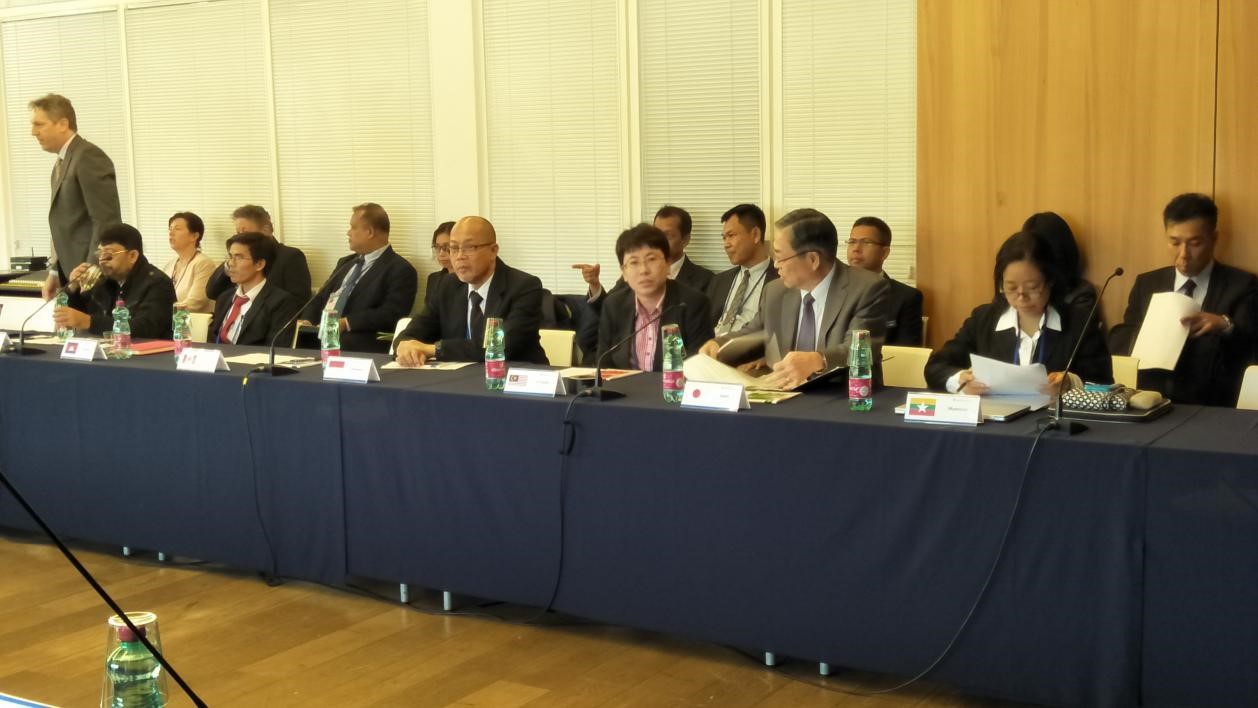
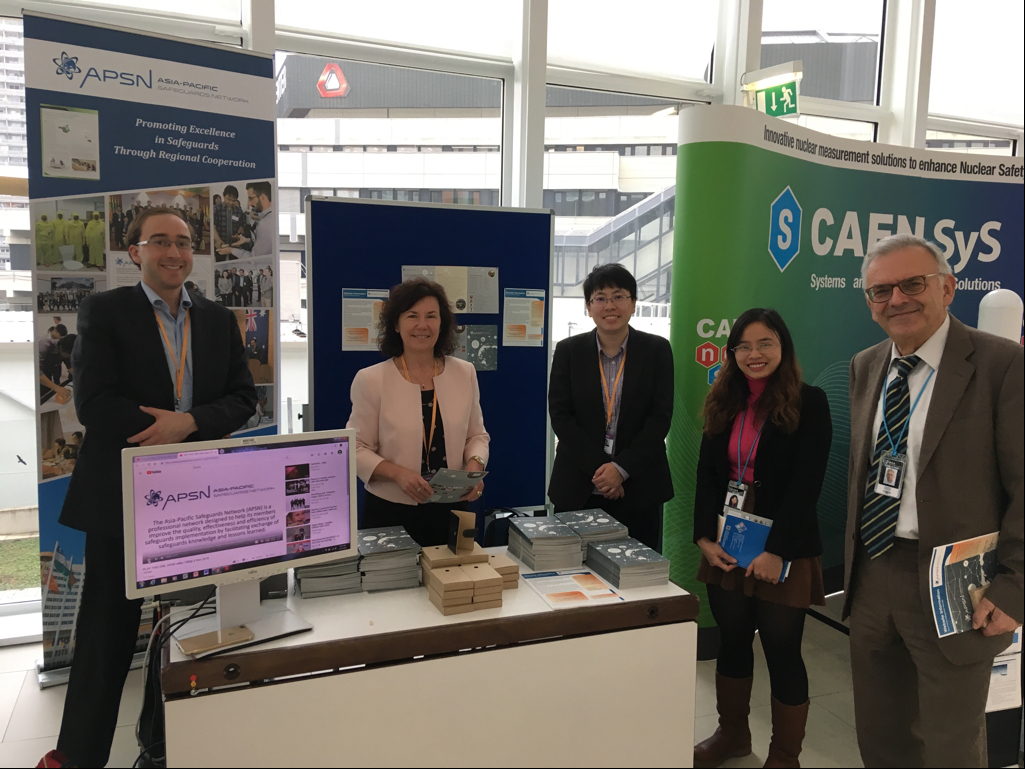
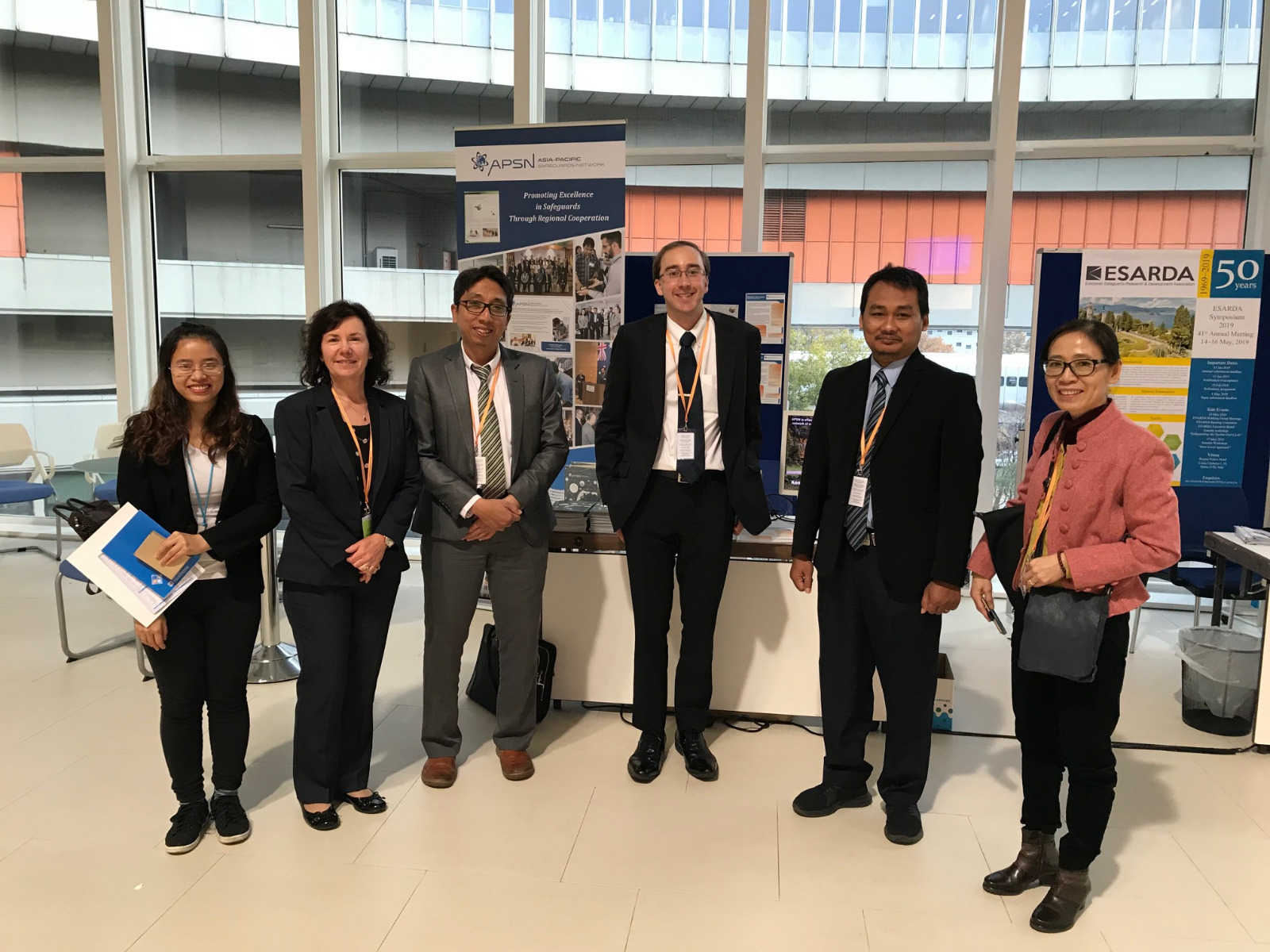
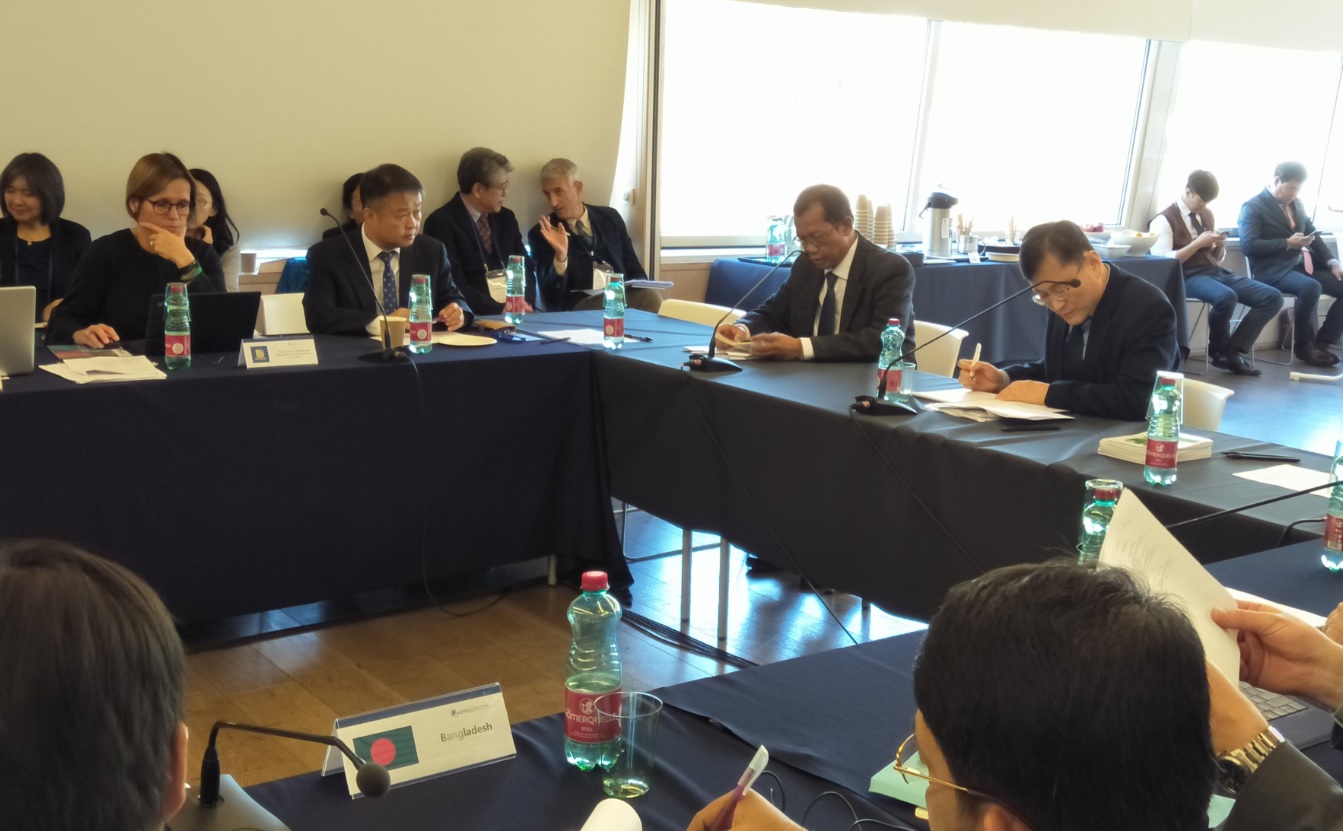
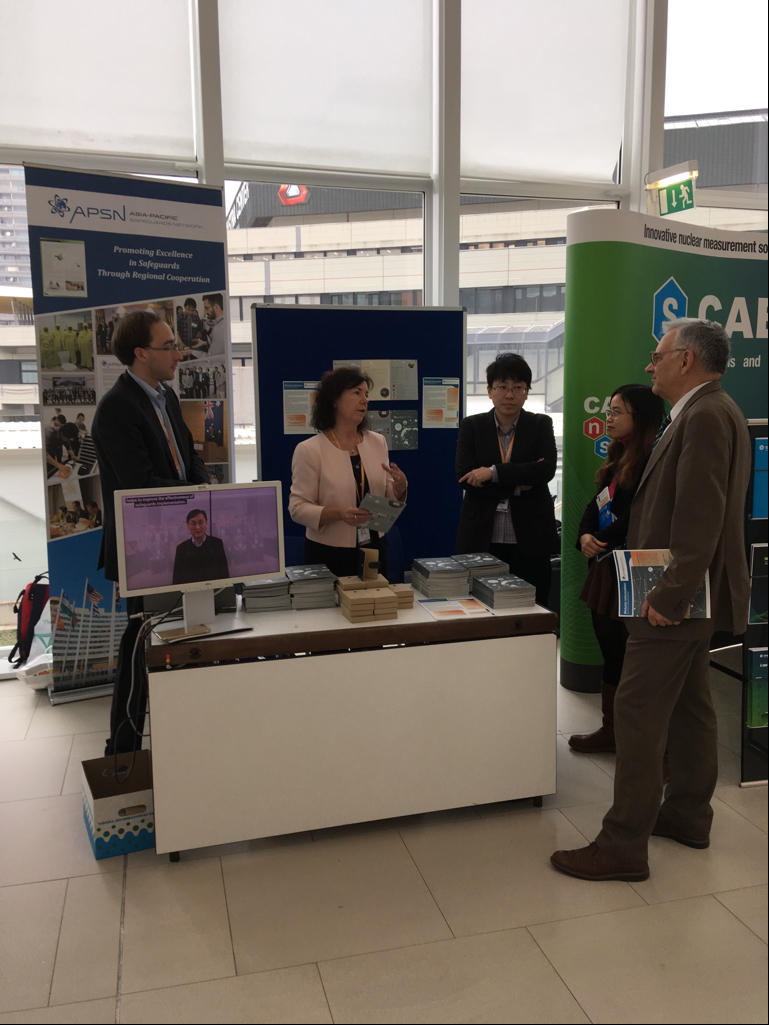
© 2024 APSN - BAPETEN. All Rights Reserved.